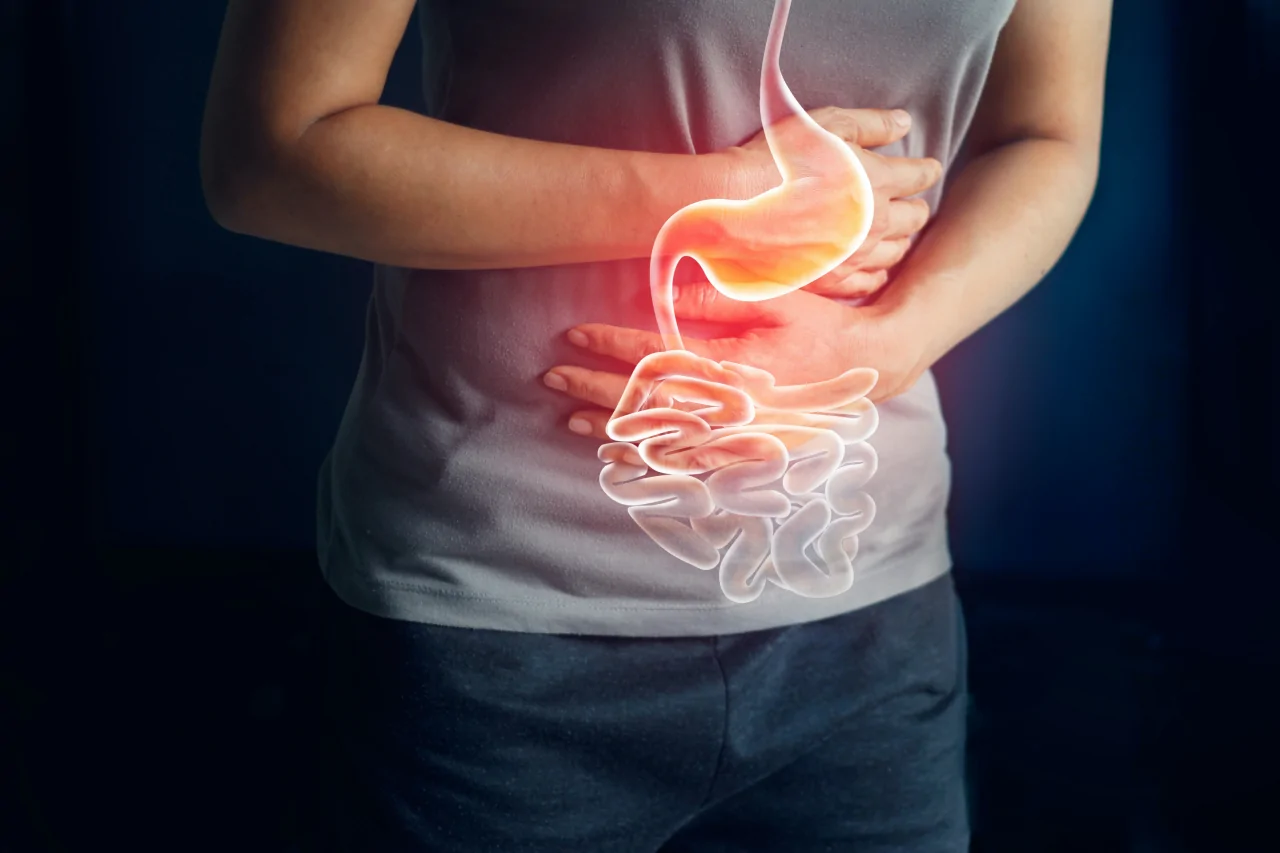Helicobacter pylori (H. pylori) infection is a bacterial infection that affects the stomach lining and is the primary cause of various digestive disorders. H. pylori bacteria can survive in the acidic environment of the stomach and can lead to the development of conditions such as gastritis (inflammation of the stomach lining), peptic ulcers (sores in the stomach or small intestine), and even stomach cancer in some cases.
Causes
The primary cause of Helicobacter pylori (H. pylori) infection is the ingestion of the H. pylori bacteria. The exact mode of transmission is not completely understood, but it is believed to occur through person-to-person contact or ingestion of contaminated food or water. Here are the main causes of H. pylori infection:
Person-to-person transmission
pylori bacteria can be passed from one person to another through direct contact with saliva, vomit, or fecal matter of an infected individual, especially in households or close living environments.
Contaminated food and water
Consuming food or water that is contaminated with H. pylori bacteria is a common route of infection. Poor hygiene practices during food preparation and inadequate water sanitation contribute to the spread of the infection.
Childhood infection
pylori infection often occurs in childhood and can persist into adulthood if left untreated. The exact mechanisms through which children acquire the infection are not entirely known, but factors such as poor hygiene, crowded living conditions, and exposure to infected individuals contribute to its transmission.
Weakened immune system
A weakened immune system may increase the susceptibility to H. pylori infection. Certain medical conditions or medications that suppress the immune system can make an individual more vulnerable.
Genetic factors
Some studies suggest a genetic predisposition to H. pylori infection. Certain genetic variations may make individuals more susceptible to acquiring the infection or experiencing more severe symptoms.
Symptoms
The symptoms of Helicobacter pylori (H. pylori) infection can vary from person to person. Some individuals may not experience any noticeable symptoms, while others may exhibit certain signs. Common symptoms associated with H. pylori infection include:
- Abdominal pain: This can range from a dull ache to a more intense pain that may be felt in the upper abdomen.
- Bloating and fullness: Individuals may feel a sense of bloating or excessive fullness after meals.
- Nausea and vomiting: Some people may experience episodes of nausea or vomiting, especially after eating.
- Indigestion: H. pylori infection can lead to indigestion, which may manifest as a burning sensation or discomfort in the upper abdomen.
- Loss of appetite: Individuals might experience a decreased desire for food and may unintentionally lose weight.
- Unexplained weight loss: In some cases, H. pylori infection can cause weight loss without any obvious reason.
- Fatigue: Persistent fatigue and a general feeling of being unwell can occur with H. pylori infection.
- Frequent burping: Excessive burping or belching is sometimes reported by individuals with H. pylori infection.
- Anemia: In rare cases, H. pylori infection can lead to anemia due to gastrointestinal bleeding.
Treatment Options
H2 receptor blockers
These medications also reduce stomach acid production and may be used as an alternative or in combination with PPIs. Examples include ranitidine and famotidine.
Bismuth subsalicylate
Bismuth compounds can help in suppressing H. pylori growth and reducing inflammation.
Treatment regimens are typically administered over a 7 to 14-day period, and adherence to the prescribed medication schedule is crucial for successful eradication of the bacteria.
After completion of the treatment, a follow-up test may be performed to confirm the eradication of the bacteria. If the infection is still present, a different treatment approach may be required.
Tips for Managing
Follow the prescribed treatment
Take all prescribed medications exactly as directed by your healthcare provider. Adherence to the treatment regimen is crucial for successful eradication of the bacteria.
Avoid irritants
To promote healing and reduce symptoms, it’s advisable to avoid substances that can irritate the stomach lining. This includes alcohol, tobacco, spicy foods, caffeine, and acidic or carbonated beverages.
Eat a balanced diet
Focus on consuming a well-balanced diet that includes plenty of fruits, vegetables, whole grains, and lean proteins. This can support overall digestive health and provide essential nutrients for healing.
Manage stress
Stress can worsen symptoms and delay healing. Incorporate stress management techniques such as exercise, relaxation techniques, and engaging in activities you enjoy to reduce stress levels.
Practice good hygiene
Wash your hands thoroughly with soap and water after using the restroom and before handling food. This helps prevent the spread of H. pylori bacteria to others.
Get regular check-ups
Follow up with your healthcare provider for any recommended tests or appointments to monitor your progress and ensure the infection has been successfully treated.
Discuss any persistent symptoms
If symptoms persist or recur after completing the treatment, consult with your healthcare provider. Additional testing or alternative treatments may be necessary.
Conclusion
Helicobacter pylori (H. pylori) infection is a common bacterial infection that can lead to various digestive disorders such as gastritis, ulcers, and even stomach cancer.
The infection is primarily transmitted through person-to-person contact or consumption of contaminated food and water.
Recognizing the symptoms, which can range from abdominal pain and indigestion to fatigue and unintentional weight loss, is important for timely diagnosis.
Additionally, managing the condition involves avoiding irritants, maintaining a balanced diet, practicing good hygiene, and managing stress levels.
Regular check-ups and open communication with healthcare providers are essential for monitoring progress and addressing any persistent symptoms. By following these tips and guidelines, individuals can effectively manage H. pylori infection and improve their digestive health.
FAQs
What is Helicobacter pylori infection?
Helicobacter pylori infection is a bacterial infection that affects the stomach lining and can lead to digestive disorders.
How is Helicobacter pylori infection transmitted?
Transmission can occur through person-to-person contact or by consuming contaminated food or water.
What are the symptoms of Helicobacter pylori infection?
Symptoms can include abdominal pain, bloating, nausea, indigestion, and unexplained weight loss.
How long does the treatment for Helicobacter pylori infection last?
Treatment regimens typically last 7 to 14 days.





